Summaries of books about Social Theory:
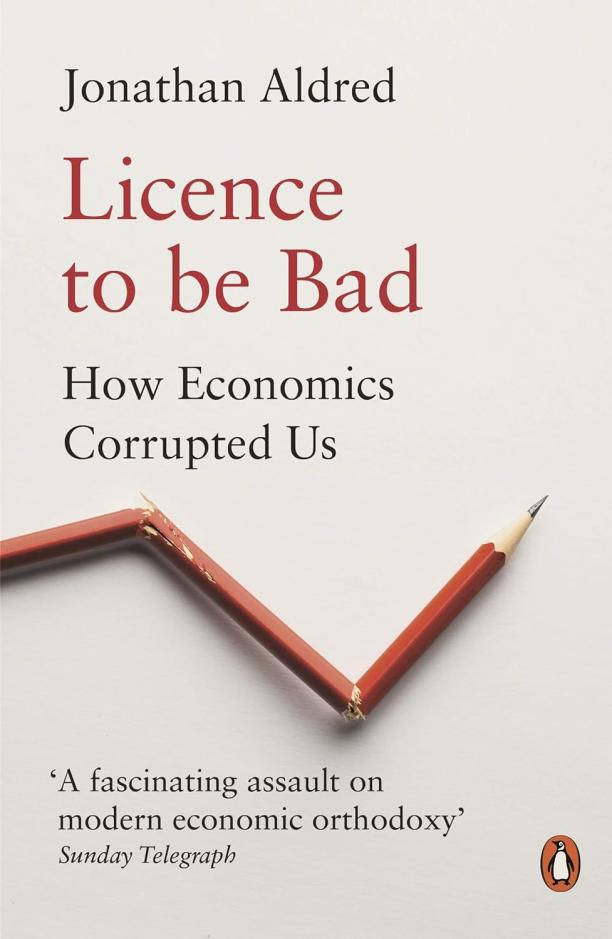
Licence to be Bad
How Economics Corrupted Us
Jonathan Aldred
The book critically examines the influence of modern economic theory on society, arguing that it has promoted self-interest and unethical behavior as rational choices. It delves into the history of economic thought, highlighting how certain ideas have shaped policies and moral attitudes, often to the detriment of collective well-being and ethical standards.
See full summary
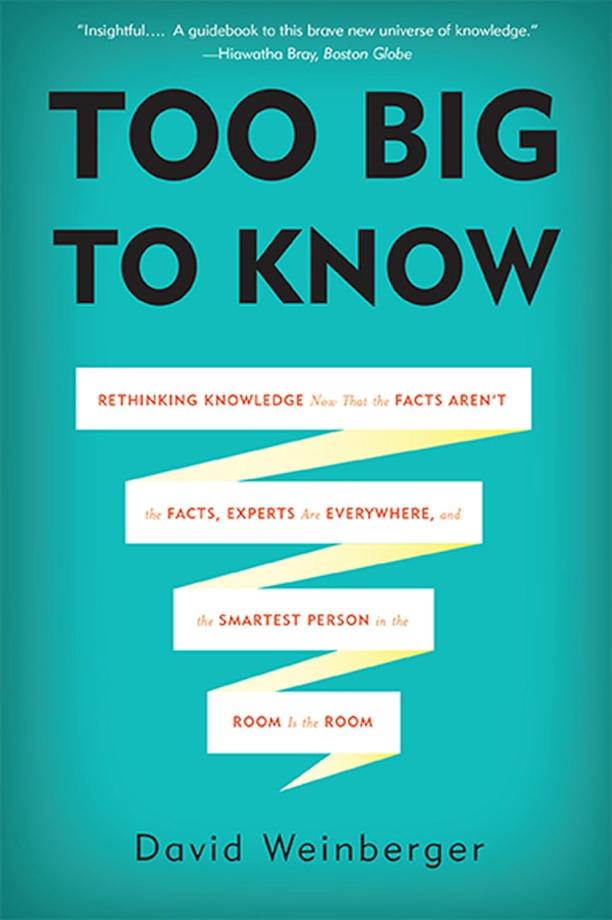
Too Big to Know
Rethinking Knowledge Now That the Facts Aren't the Facts, Experts Are Everywhere, and the Smartest Person in the Room Is the Room
David Weinberger
The book explores the transformation of knowledge in the digital age, where the abundance of information and networked connectivity has changed how we understand expertise and facts. It argues that the collective intelligence of connected individuals and machines can be more powerful than the traditional knowledge held by individual experts.
See full summary
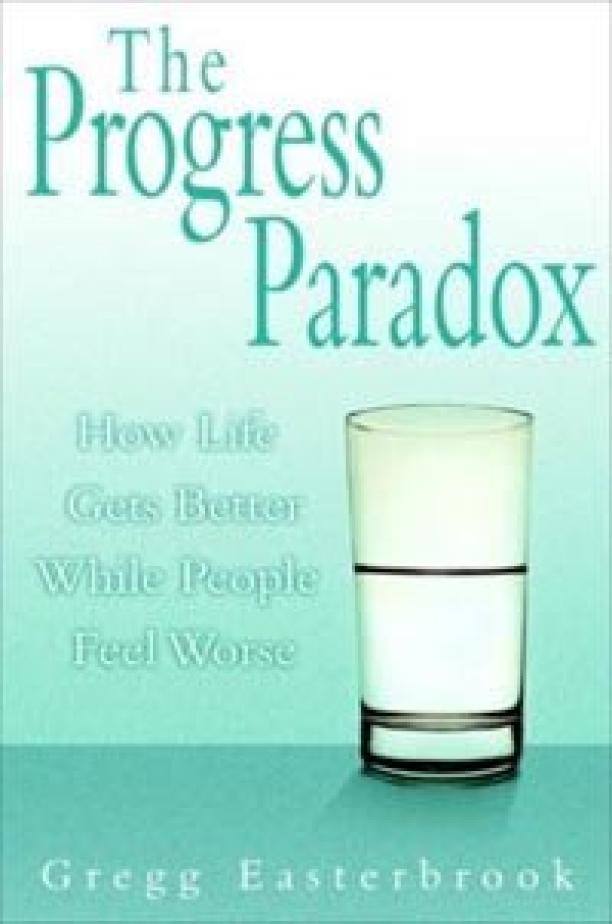
The Progress Paradox
How Life Gets Better While People Feel Worse
Gregg Easterbrook
The book examines the discrepancy between the increasing quality of life in the Western world and the lack of corresponding happiness among its citizens, arguing that despite material and technological advancements, people are not feeling more satisfied. It explores various reasons for this paradox, including materialism, media influence, and a lack of fulfilling goals, while suggesting ways to improve personal and societal well-being.
See full summary
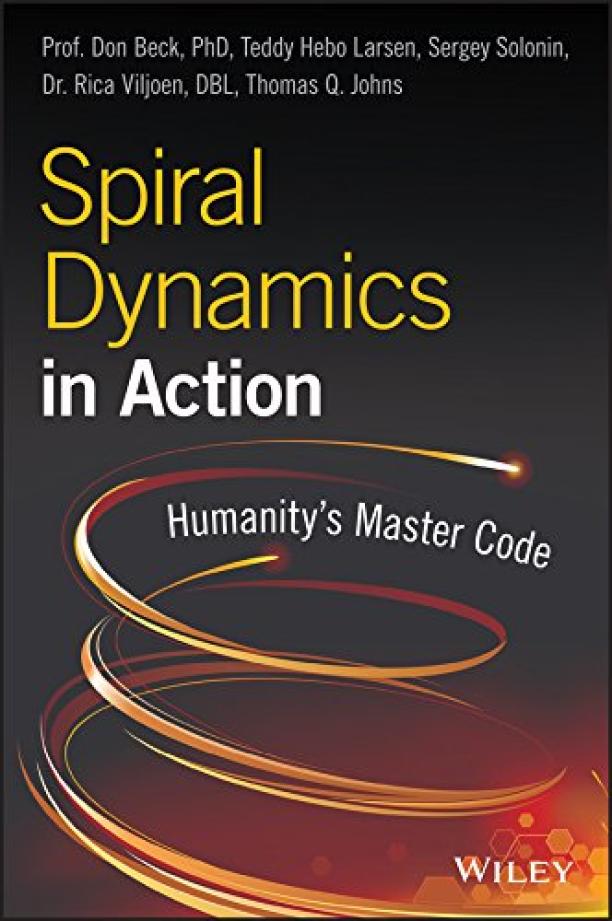
Spiral Dynamics in Action
Humanity's Master Code
Don Edward Beck|Teddy Hebo Larsen|Sergey Solonin|Rica Viljoen|Thomas Q. Johns
The book delves into the Spiral Dynamics model, which is a framework for understanding the evolution of human consciousness and societal change. It provides insights and practical applications for managing complexity by addressing the diverse values and perspectives that characterize different cultures, organizations, and individuals.
See full summary

Our Posthuman Future
Consequences of the Biotechnology Revolution
Francis Fukuyama
The book explores the ethical, social, and political implications of advancements in biotechnology that could potentially alter human nature itself. It discusses the potential for genetic engineering to impact human rights, equality, and the very definition of what it means to be human.
See full summary
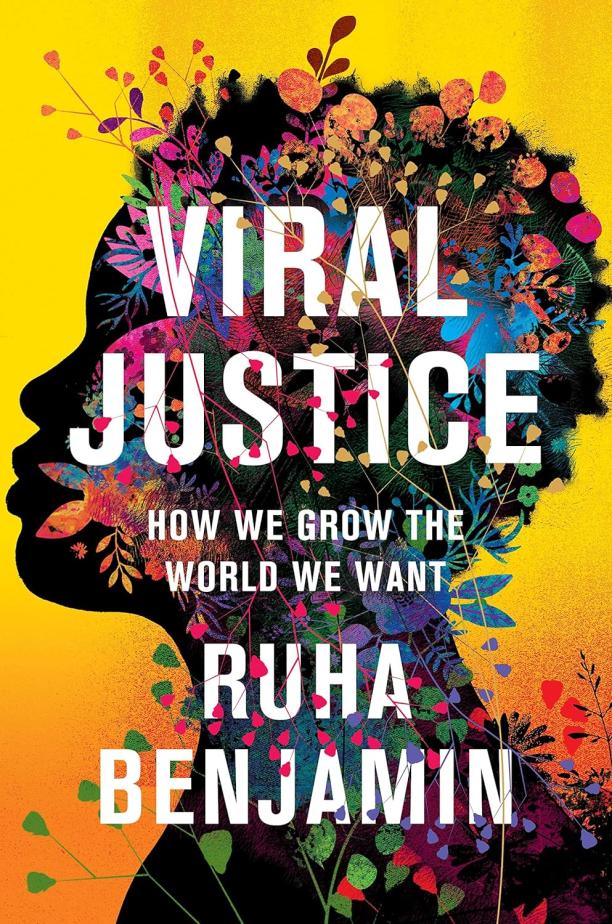
Viral Justice
How We Grow the World We Want
Ruha Benjamin
The book explores the intersection of technology, race, and justice, advocating for a collective approach to creating a more equitable society. It examines the ways in which social systems can be reimagined and restructured to address systemic inequalities and foster a more inclusive future.
See full summary
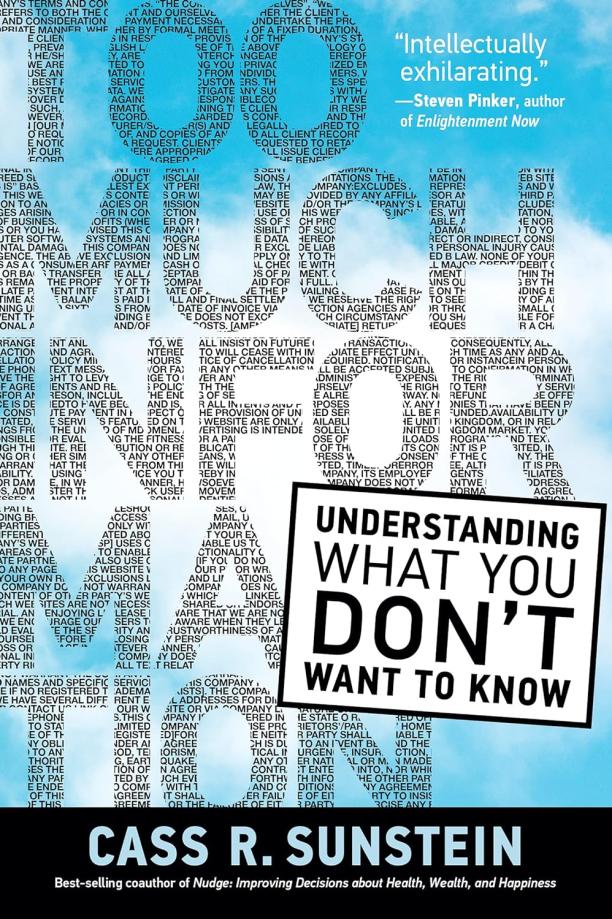
Too Much Information
Understanding What You Don't Want to Know
Cass R. Sunstein
The book explores the concept of information overload and the human tendency to avoid certain knowledge that might be distressing or disruptive to one's sense of well-being. It examines the implications of this avoidance for personal decision-making, social relationships, and democracy.
See full summary
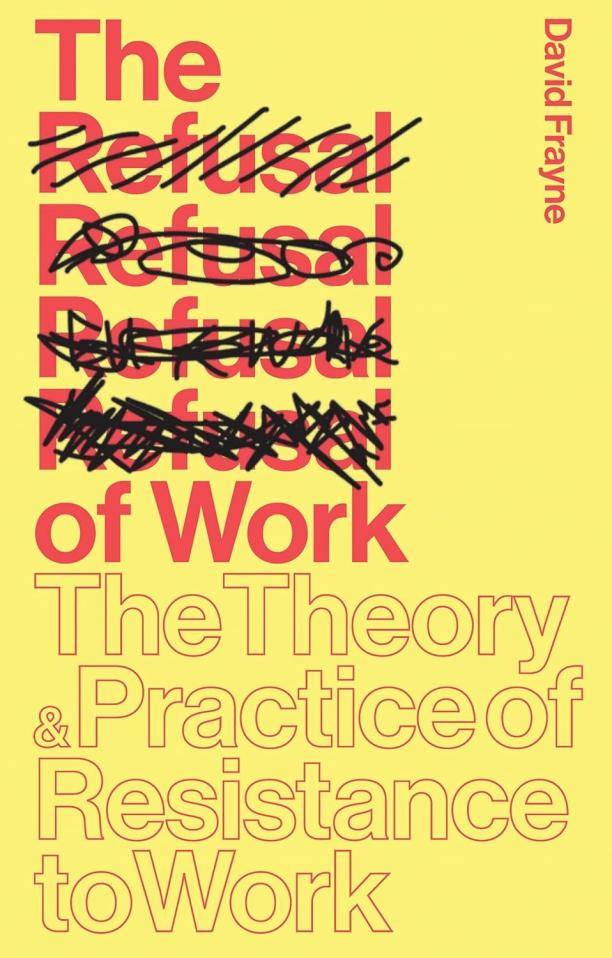
The Refusal of Work
The Theory and Practice of Resistance to Work
David Frayne
The book critically examines the role of work in contemporary society, questioning the centrality of employment to our lives and exploring alternative ways of living beyond the work ethic. It delves into the experiences of individuals who resist the work-centered culture and discusses the potential for a future where work is less dominant in our lives.
See full summary
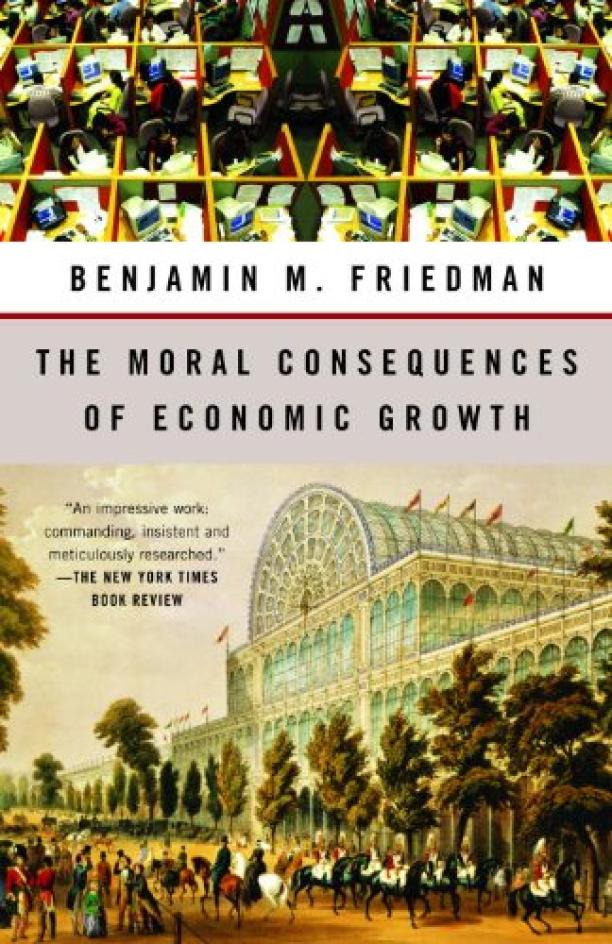
The Moral Consequences of Economic Growth
Benjamin M. Friedman
The book argues that economic growth is essential for fostering greater opportunity, tolerance, and democracy, positing that stagnation leads to societal regression and inequality. It emphasizes the importance of growth not just for material prosperity but also for moral progress and social cohesion.
See full summary
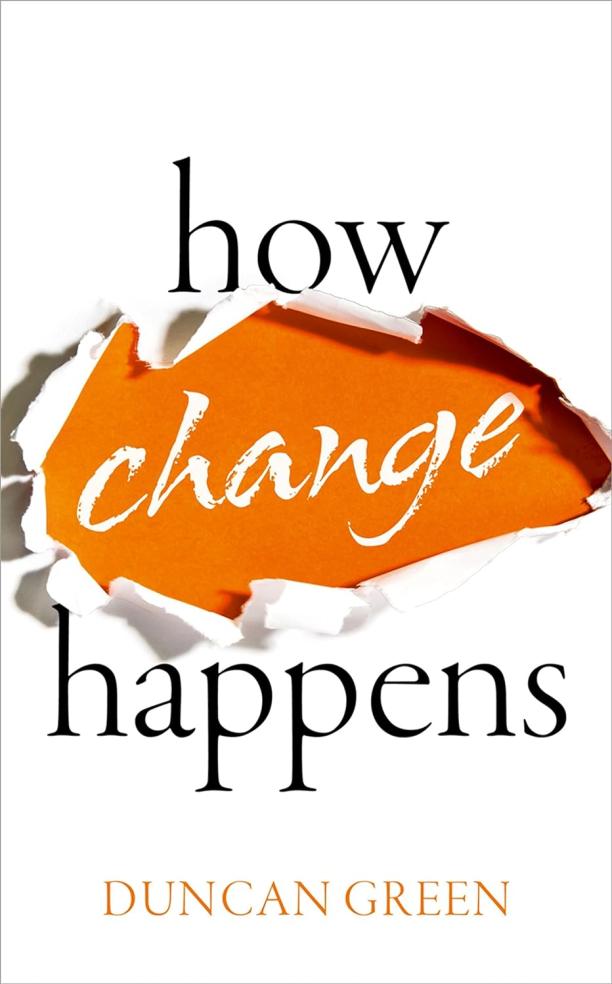
How Change Happens
Duncan Green
The book explores the complexities of social and political change, examining the roles of individuals, institutions, and external factors in driving transformation. It provides insights into the dynamics of power and systems, offering practical advice for activists and policymakers on how to effectively influence change.
See full summary